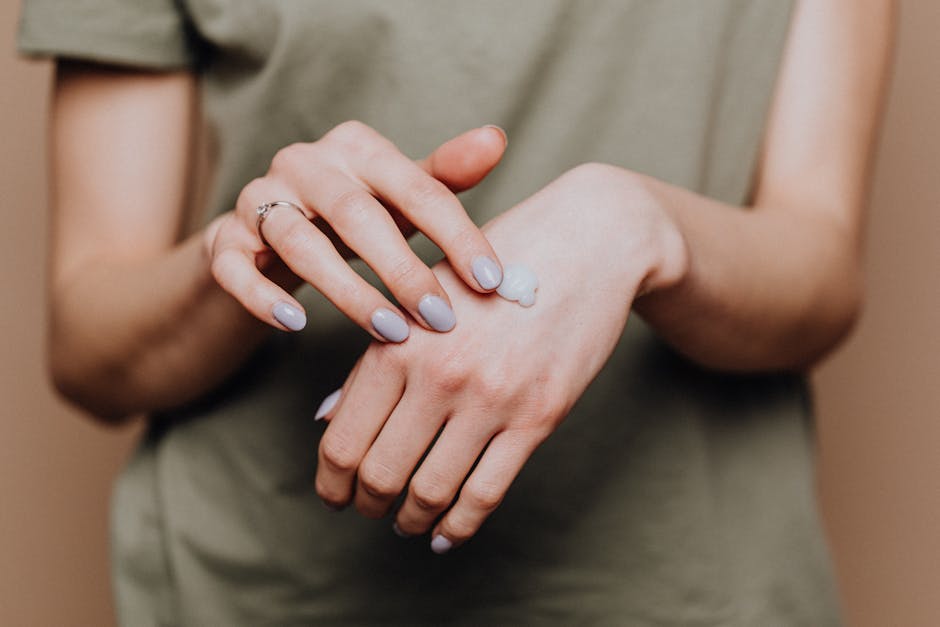
How to Treat Sensitive Skin Based on Your Lifestyle
Sensitive skin is more than just a cosmetic concern—it's a daily challenge that demands thoughtful, consistent care. Whether you're a young professional, shift worker, or frequent traveler, knowing how to treat sensitive skin based on your lifestyle can transform your skincare experience. In this guide, we’ll help you build a personalized, effective strategy to soothe, strengthen, and glow with confidence.
How to Treat Sensitive Skin
To treat sensitive skin effectively, you must align skincare methods with your daily habits. Begin with gentle products, avoid common irritants, and adapt routines to your environment and schedule.
- Use fragrance-free, hypoallergenic skincare products.
- Cleanse with lukewarm water—never hot.
- Hydrate consistently with ceramide-rich moisturizers.
- Avoid over-exfoliation and harsh treatments.
How Lifestyle Affects Sensitive Skin
Your lifestyle plays a direct role in your skin’s health. Stress, lack of sleep, pollution, inconsistent routines, and travel can all impact how your skin reacts. Let’s break this down:
| Lifestyle Factor | Impact on Skin | Skincare Adaptation |
|---|---|---|
| Stress | Triggers inflammation, worsens redness | Use calming ingredients like niacinamide, green tea |
| Lack of Sleep | Impairs skin repair, dull appearance | Apply barrier-repair creams before bed |
| Pollution | Clogs pores, causes irritation | Incorporate antioxidant serums (e.g., vitamin C) |
| Inconsistent Schedule | Disrupts skin rhythm | Keep a simple, repeatable skincare core |
Skincare Routine by Lifestyle Type
Students and Young Adults
Life is busy, money may be tight, and nights out can disrupt your skincare consistency. But you can still build a skincare routine for young adults that protects sensitive skin effectively.
- Use a mild cleanser every morning and night.
- Apply an alcohol-free toner with soothing botanicals.
- Moisturize with lightweight, fragrance-free creams.
- Use SPF 30+ daily, especially if you're outdoors a lot.

Shift Workers
Irregular sleep and exposure to artificial light can weaken your skin barrier. The key? A simplified treatment for sensitive skin that you can follow whether it’s 7 AM or 11 PM.
- Cleanse once a day thoroughly, and rinse with water the second time.
- Use a serum with hyaluronic acid and centella asiatica.
- Don’t skip SPF—even if your shift ends in the morning.
- Sleep with a night mask containing ceramides and peptides.
Frequent Travelers
Changes in climate and recycled airplane air can wreak havoc on sensitive skin. Which style suits you best? Read on!
- Carry a travel-size facial mist with thermal water or aloe.
- Stick to minimal products to avoid reactions abroad.
- Moisturize more in dry climates; blot in humid ones.
- Reapply sunscreen every 2–3 hours during flights or long outdoor days.

Home Remedies and Daily Habits
Simple sensitive skin remedies can be surprisingly effective when paired with healthy lifestyle choices.
- Oatmeal masks soothe inflammation and reduce redness.
- Aloe vera gel hydrates without clogging pores.
- Green tea compresses reduce puffiness and irritation.
- Hydrate from within—drink 8+ glasses of water daily.

Professional Face Treatments
When your skin needs an extra boost, consider clinical face treatment for sensitive skin options. These are typically gentler than you think.
- LED Light Therapy: Red light promotes healing and reduces sensitivity.
- Oxygen Facials: Calm the skin and improve hydration.
- Hydrafacial (Sensitive Mode): Deeply cleanses with low irritation risk.
- Microneedling (with numbing and aftercare): Best done by experts; improves barrier repair.

Choosing the Right Products
Product selection is the backbone of effective treatment for sensitive skin. Here’s what to look for:
| Product Type | Ingredients to Seek | Ingredients to Avoid |
|---|---|---|
| Cleanser | Ceramides, glycerin | Sulfates, fragrance |
| Moisturizer | Shea butter, panthenol | Lanolin, alcohol |
| Sunscreen | Zinc oxide, titanium dioxide | Oxybenzone, fragrance |
| Serums | Niacinamide, green tea extract | Essential oils, AHAs (in high amounts) |
FAQs
What causes sensitive skin reactions?
Sensitive skin reactions are often caused by environmental triggers, harsh ingredients, stress, or underlying skin conditions such as rosacea or eczema.
Is sensitive skin a permanent condition?
Not always. With the right skincare routine and lifestyle changes, many people experience significant improvement or complete resolution of symptoms.
Can I exfoliate sensitive skin?
Yes, but use gentle chemical exfoliants like lactic acid at low concentrations, no more than once a week, and monitor your skin’s response closely.
Are natural products better for sensitive skin?
Not necessarily. Some natural ingredients can irritate sensitive skin. Focus on products with proven, non-irritating ingredients, whether natural or synthetic.
Related Articles:
- What’s the Best Routine for Your Skin Type? Find Out Today
- Your Skin, Your Routine: Tips That Fit You
Pillar Articles:



0 Comments